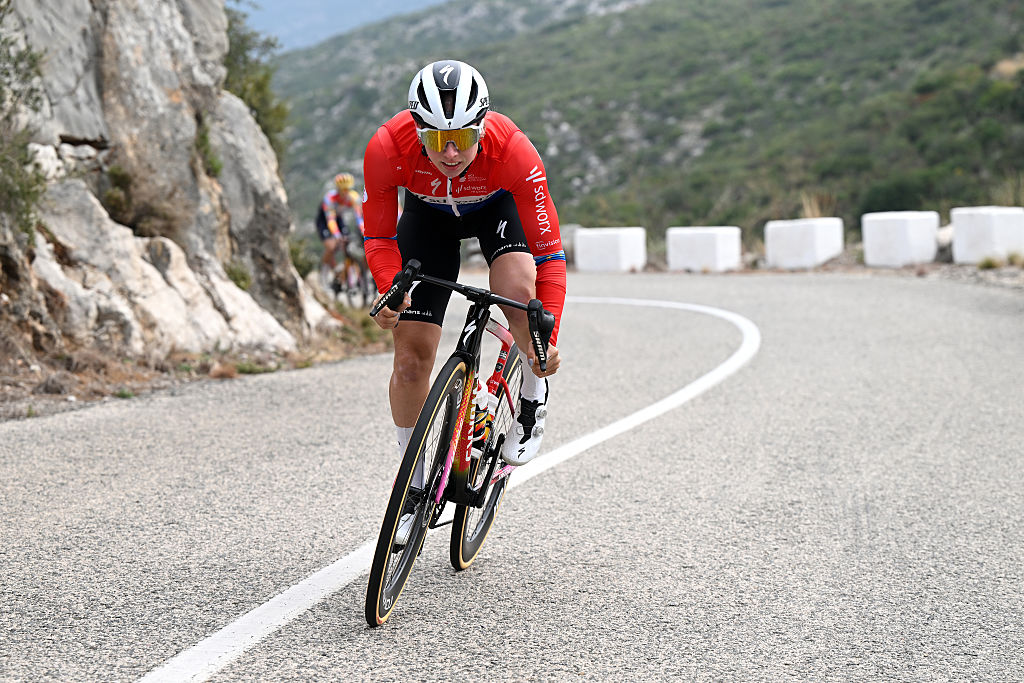Introducing the Benin national team
Gandaho applies modern training techniques to Beninese team
The latest race content, interviews, features, reviews and expert buying guides, direct to your inbox!
You are now subscribed
Your newsletter sign-up was successful
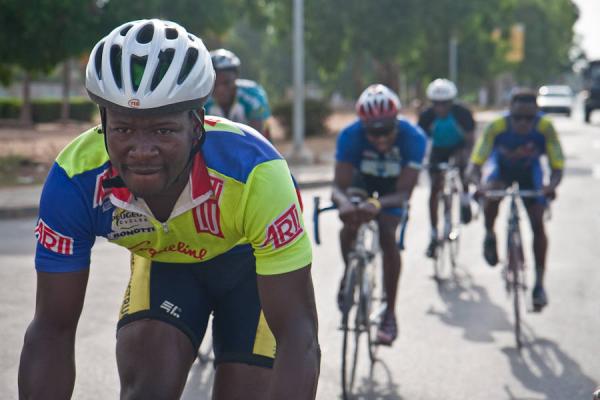
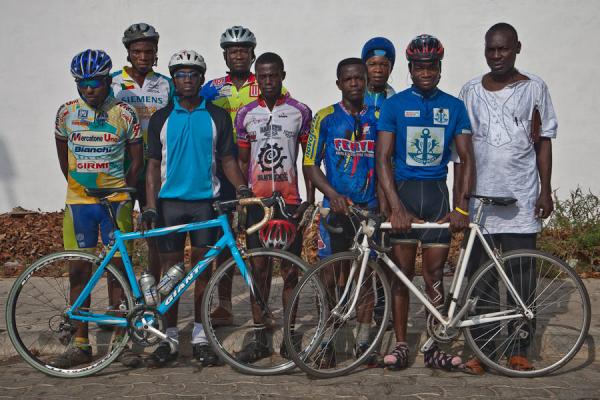
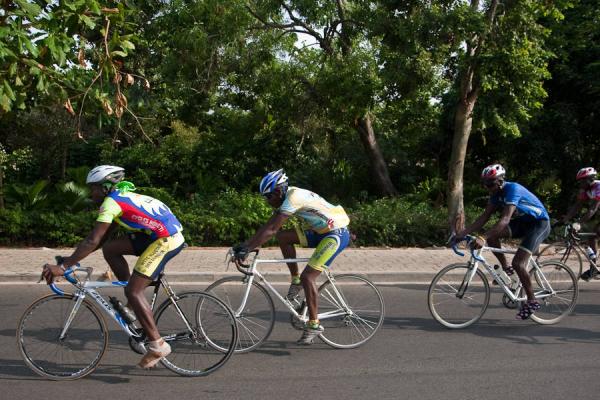
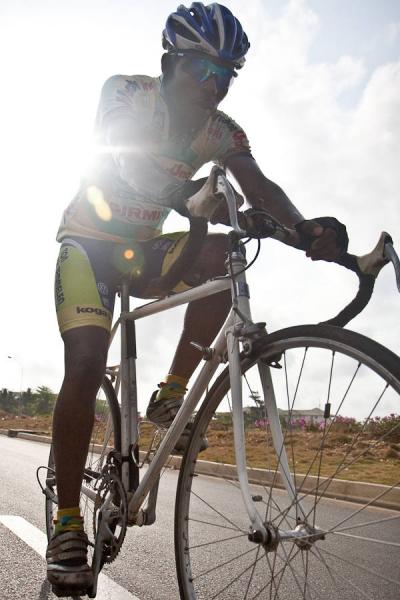
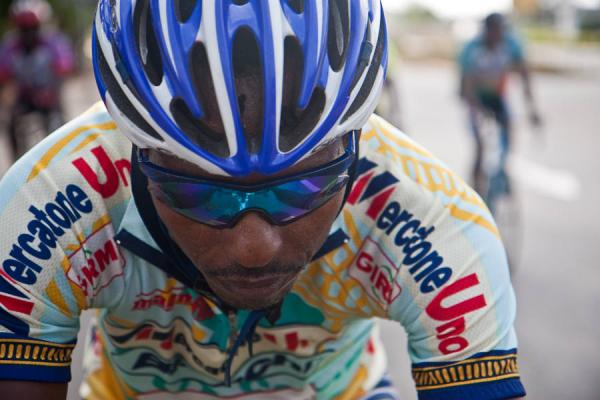
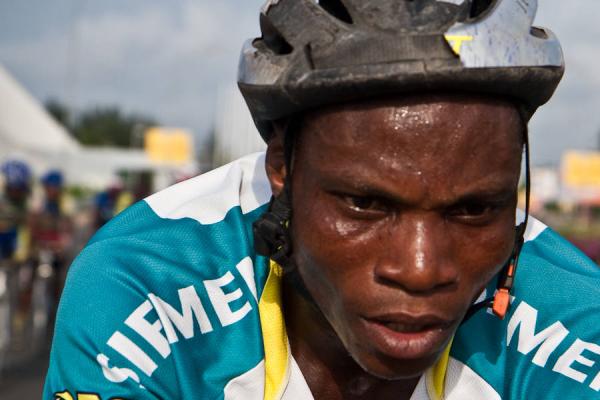
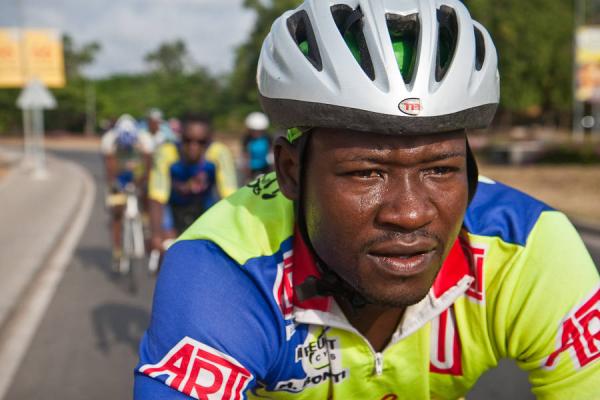
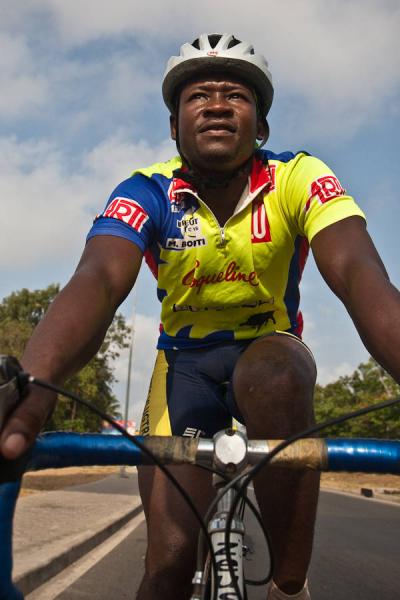
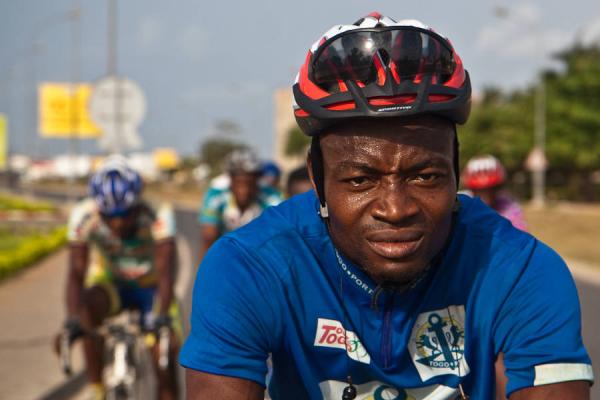
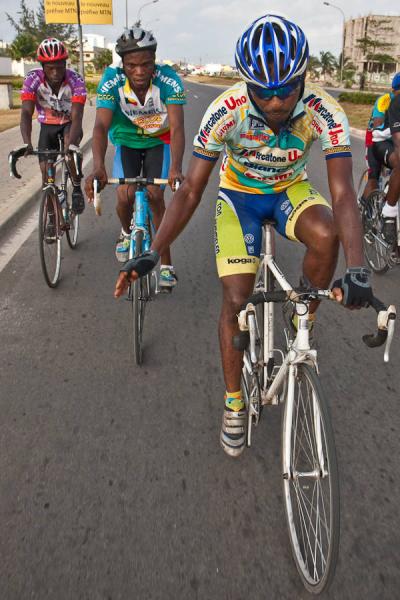
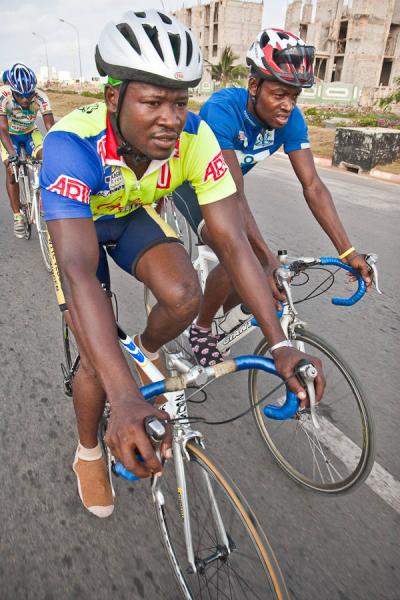
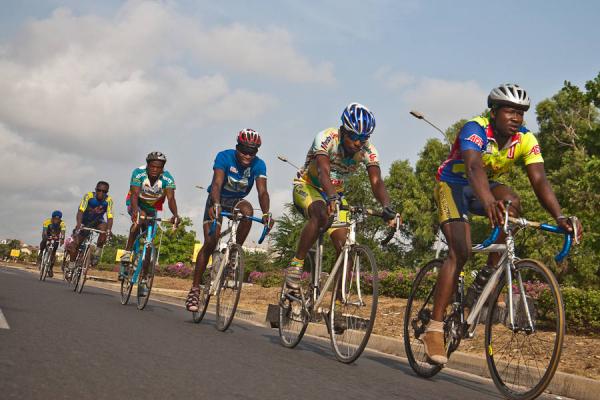
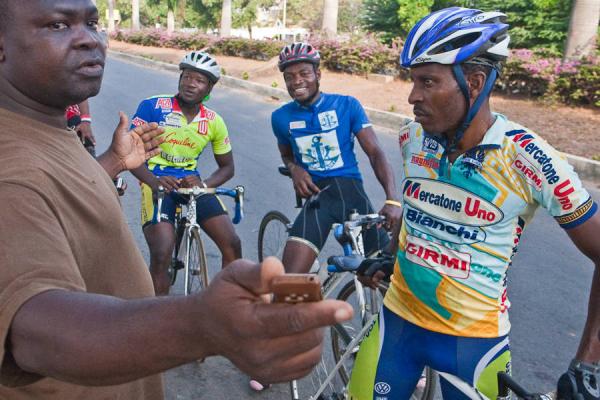
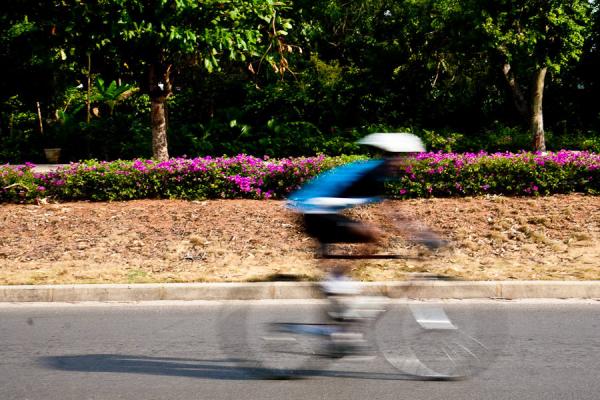
Having met the old-timers behind the Beninese Cycling Federation, I was eager to meet the athletes.
Mustafa Saka and Coach Fernando Gandaho called the team together one Sunday morning so I could meet the boys and shoot some photos from the back of a moped. We gathered on a nice stretch of smooth pavement outside the presidential palace in the capital.
At first, the photographer inside me hesitated about shooting pictures in front of the manicured lawns of Cotonou's wealthiest neighborhood. Will this depict the hardship and challenge? Then I realized as a cyclist this is probably where I'd want my picture taken, and as a photographer I was happy not to attempt riding backwards on a moped through the city's potholes and chaos.
Like any group ride, the cyclists gathered and began talking equipment.
"Why is the new guy wearing kneepads?"
"…where are your rear brakes?"
"Well, my front ones works fine."
The latest race content, interviews, features, reviews and expert buying guides, direct to your inbox!
Coach Fernand Gandaho instructs the younger athletes.
Many of the bicycles were donated by a Spanish NGO in 2005, although most of the equipment dates from the early 1990's. It's clear their bikes are treasured and have seen heavy use.
Amongst the riders who congregate are three members of the national team – athletes who've competed abroad in the Tour du Faso, the Tour du Togo, or the West African CEDEAO Tour. Robert Kponha proudly sports his combativity jersey from the Tour du Togo. Alexandre Zotogbé is a scrappy all-rounder. Augustin Amoussouvi's thick calves identify him as the sprint star of the team.
Unlike the youth of Europe who balance cycling with academics, most of the athletes on the national team don't attend school. Some of them completed elementary school, but they all work full time to feed their families. Parents don't often encourage children to pursue athletics because there's no money in sports, and children must contribute to the household.
Augustin Amoussouvi
Augustin Amoussouvi works as a carpenter to supports his family. When competitions approach, he takes time away from crafting furniture to prepare. Unfortunately, many of the competitions are only announced weeks or days in advance, so it is difficult to train systematically.
Augustin usually trains three days a week, but he increases his volume to five days a week prior to the Tour de Faso.
When he's not on the bike, his carpentry job offers good conditioning. He works with manual saws and drills. Cutting planks from solid logs strengthens the upper body. He'd like to train more but his cycling passion doesn't generate enough income.
First place in a big race rarely pays more than 30,000 CFA francs, or about $60. While his friends admire his athleticism, most of them wonder why he puts so much energy into an activity that's unlikely to earn him a living.
Augustin discovered cycling after Coach Gandaho noticed him on the football ("soccer") pitch. Augustin travelled to football practice by bicycle and showed impressive bursts of speed on the field. He jumped on Gandaho's invitation to try bicycle racing.
Augustin faced a steep learning curve to handle skinny tires and negotiate a fast-moving peloton. His first international race proved overwhelming and he abandoned in the first stage. Thereafter, Augustin gained confidence and won numerous domestic competitions. Finding his way back to the ranks of Benin's A Team, he now shows the grit of a tough sprinter and placed 8th against elite Europeans in a stage of the 2009 Tour du Faso.
Augustin Amoussouvi is the sprint star of the Beninese Team.
Coach Gandaho
Having competed against the world's best at the 1992 Olympics, Coach Gandaho was the top Beninese cyclist of the 1990's. He won 108 trophies, including yellow jerseys at the 1995 Tour de Guinea and the 1995 Tour du Benin.
Gandaho sold each of his 108 trophies to pay for cycling equipment and finance his passion. Upon retirement he committed himself to training the next generation of Beninese cyclists.
While working full time as an auto mechanic, Gandaho volunteers as national team coach. Thanks to the IOC's "Olympic Solidarity Program" to support athletics in poor countries, Gandaho travelled to Switzerland to learn modern training principles at the UCI headquarters in Switzerland. Today he implements heart-rate based training with VO2-max intervals and threshold intervals. Gandaho has a heart rate monitor that he lends athletes for their workouts.
With proper coaching, the Beninese national team is reemerging as a force in African Cycling. At the 2009 West African CEDEAO Tour, Benin placed 4th out of 12 teams. Competing against wealthier nations like Ghana and Nigeria, Beninese cyclists exemplify tenacity and persistence. Without prospects of money or fame, these riders compete for ones sole reason: they love cycling.
While it's tempting to dwell on the tough conditions and tattered equipment – I'd like to highlight how similar these athletes are to other cyclists around the world. Once the paceline is rolling, it's not about the bike or the money; it's about that rush: the burning lungs, the screaming legs, and flying just as fast as you can on two little pieces of rubber. These boys love it just like all the rest of us.
Coming up: training with the team, an equipment review, and preparing for the Tour de Faso.
Christoph Herby is currently a Peace Corps volunteer in Benin. Prior to trading his cleats for sandals, he raced stateside for Snow Valley and Rite Aid. Nowadays he pushes anaerobic threshold riding singletrack to the nearest bank and playing soccer with local troublemakers. You can follow his adventures at www.QuietGriot.com
